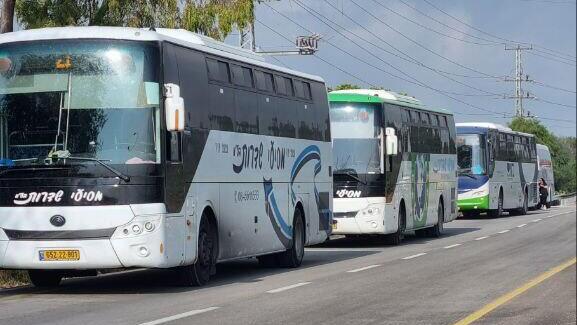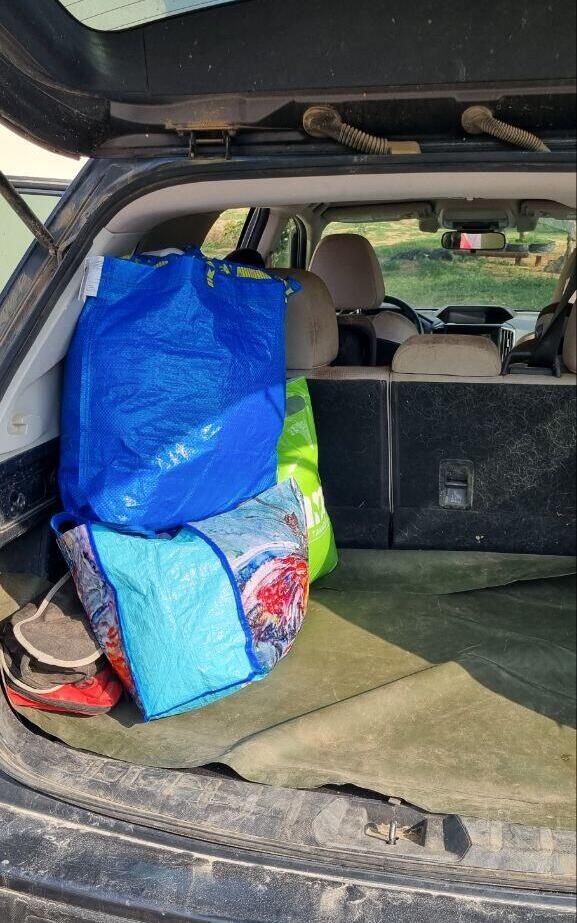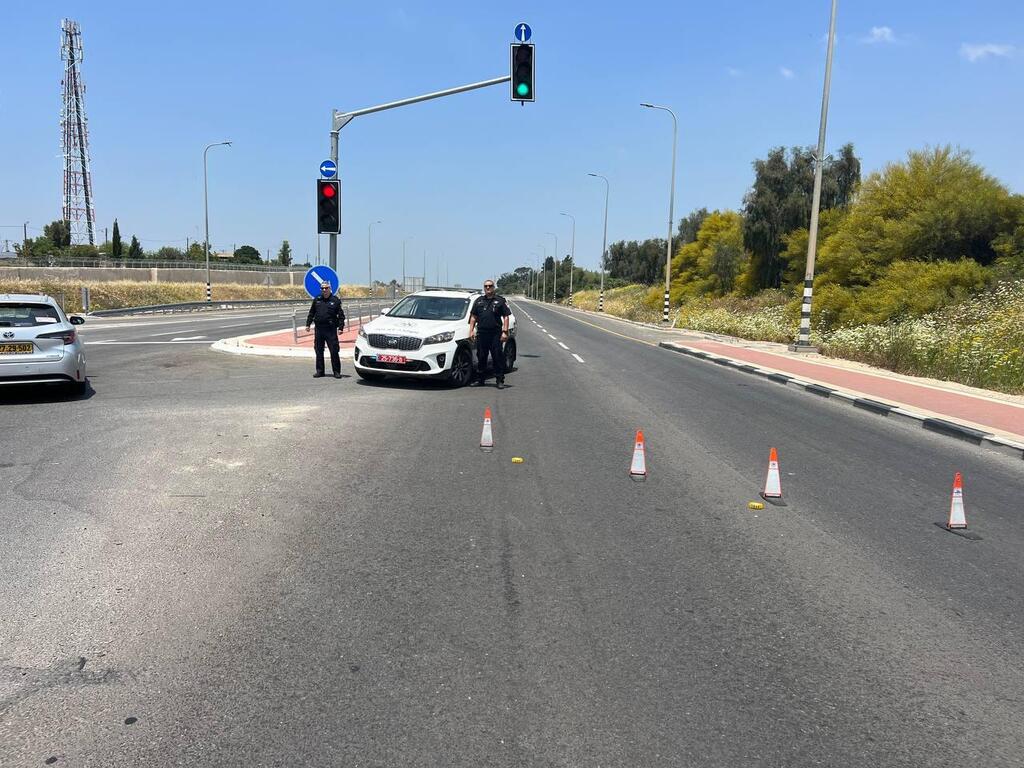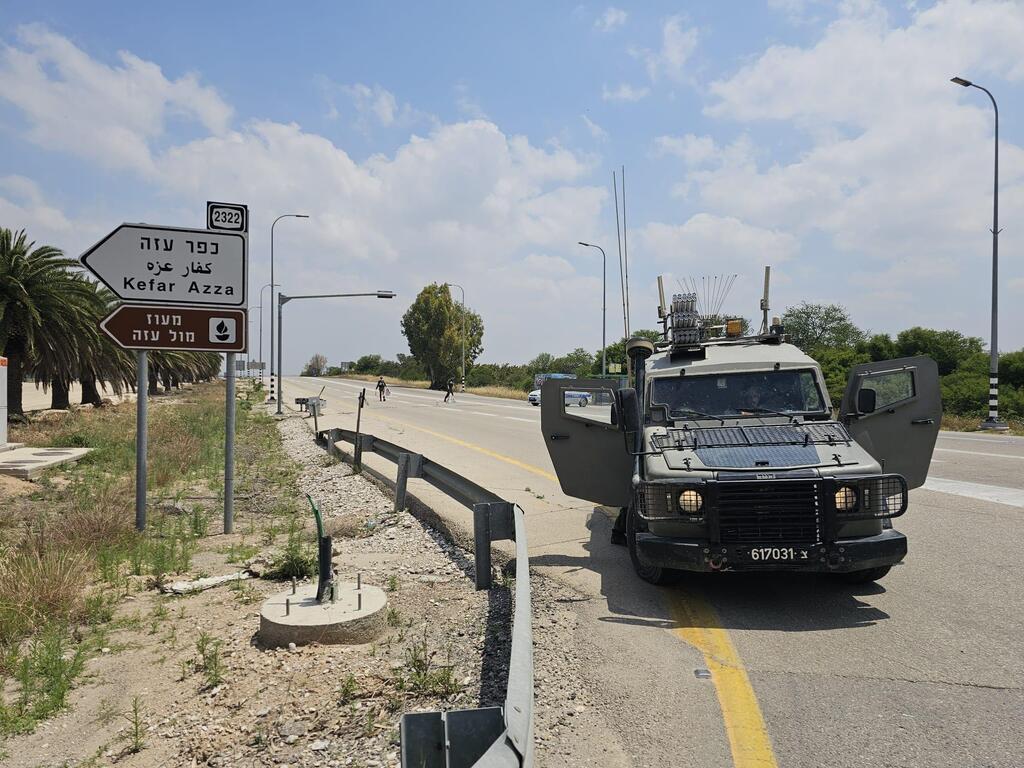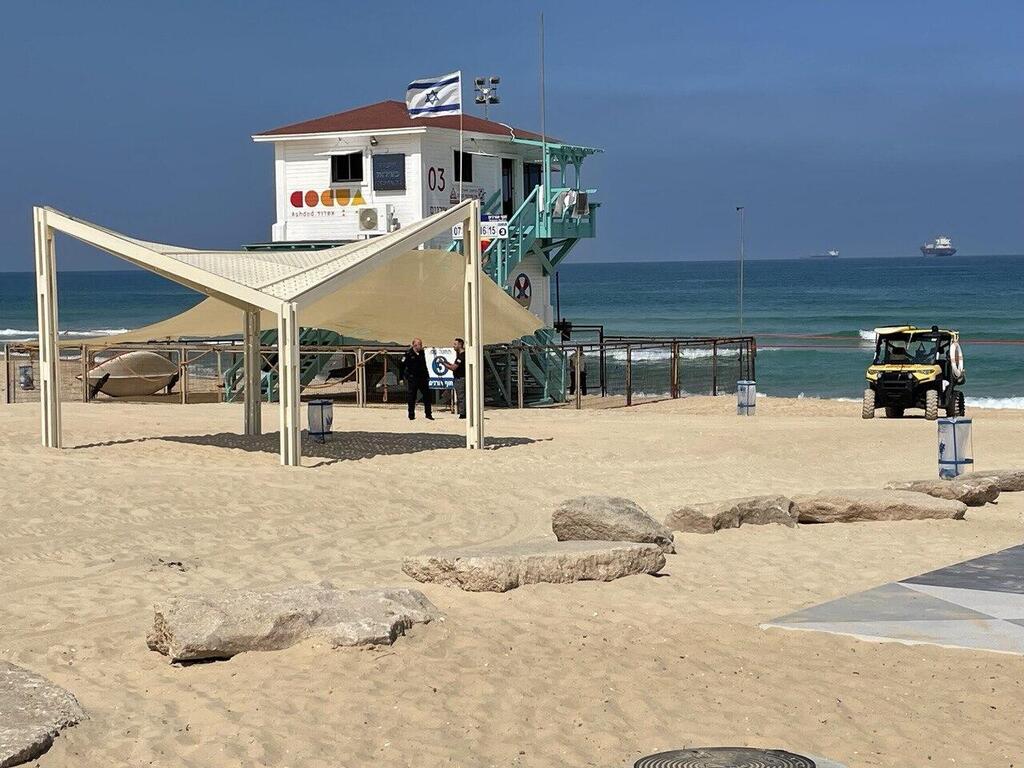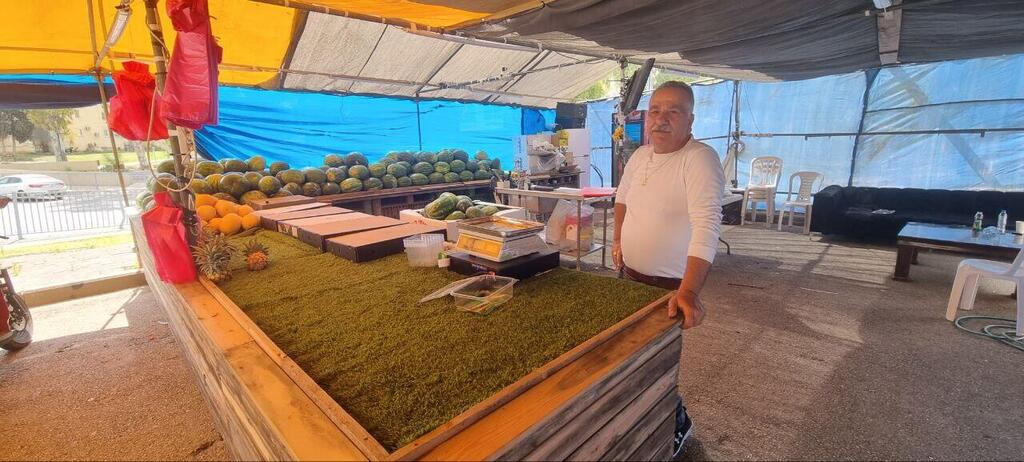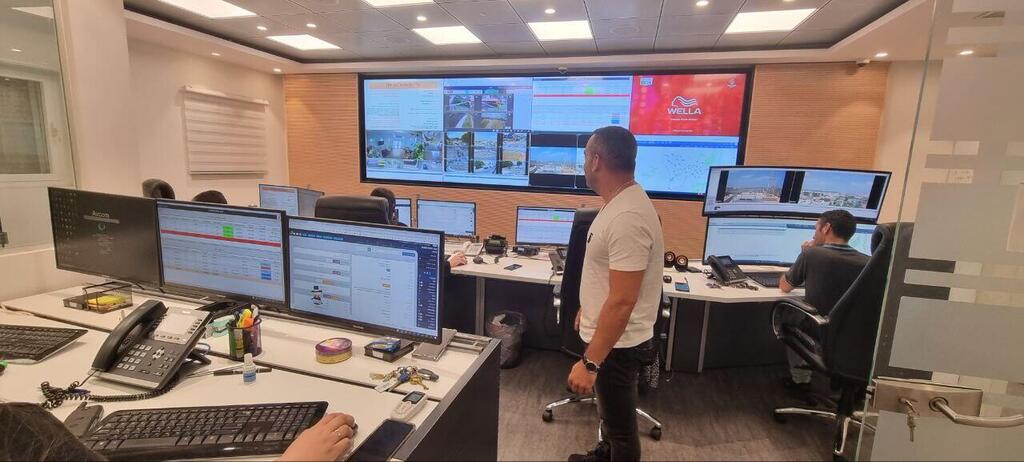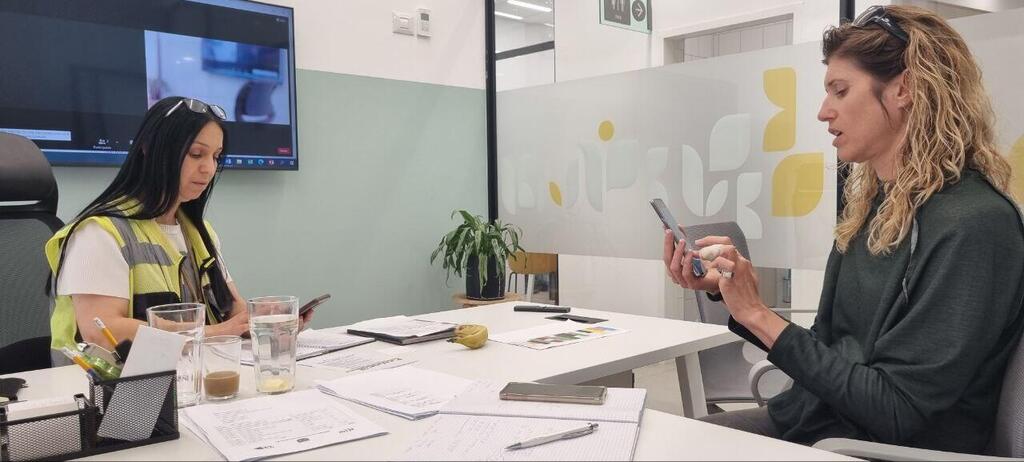Getting your Trinity Audio player ready...
Israel braces for rocket fire after Gaza strikes
(Video: Hagai Dekel)
Hundreds of Israelis living in communities near the Gaza Strip began evacuating from their homes Tuesday morning following the launch of the Israeli Defense Forces' Operation Shield and Arrow against the Palestinian Islamic Jihad (PIJ).
Related Stories:
Local authorities are holding exit logs of departing families, and each Gaza border community has a designated location to house those displaced, such as inns, hotels, and hostels, as part of an evacuation program coordinated and funded by the Defense Ministry which was established as a lesson from previous military campaigns in Gaza.
According to the ministry, the program "is activated by local authorities and enables every resident in communities adjacent to the Gaza border to evacuate to accommodations defined in advance by the authorities with the help of the state. This is based on pre-existing contracts and early planning by the communities, which are tailored to their specific circumstances."
First to be evacuated are individuals with special needs, families in economic distress, and the elderly. In the city of Sderot alone, an unprecedented 4,500 residents are planned to be evacuated on Wednesdays, while in some of the settlements, only people in critical roles such as emergency teams and security personnel will remain.
In the meantime, the Ashdod beach has been closed to visitors, and roads close to the border have been blocked due to the fear of rocket fire from the Gaza Strip.
Israel launched Operation Shield and Arrow overnight Tuesday, killing three Islamic Jihad top commanders. The strikes came in response to over 100 rockets fired by the terrorist group into southern Israel last week.
Hanan, who lives next to the Gaza border and left with his family on Tuesday morning, told Ynet that 'We are already used to it and know what to do. It's not pleasant, to say the least. It puts everyone on edge, but it's inevitable. There has been a long-standing feeling that Islamic Jihad is playing us.”
Eli Azoulay, a greengrocer from Sderot, has not yet decided whether to evacuate. “I believe there will only be rocket fire in the evening or after the funerals in Gaza,” he said. 'We are staying put, but taking precautions. If the situation worsens, I might leave. There are no customers this morning. I also didn't expect people to go shopping in this situation. I am optimistic. It will end soon.”
Dvir Sassi from Sderot told Hebrew-language Ynet Radio Tuesday morning that he's happy with the military operation. "It's good. I'm really excited about it. I think many residents share the same feeling, that finally the IDF initiates and restores our national pride. It seems that they care about our area near the Gaza border, which is not at all obvious, especially in recent times," he said.
Sassi said that some residents had already evacuated. "I'm sure some families will find it suitable; I also saw that the local authority has issued messages stating who meets the criteria, and they are already dealing with those in need. Whoever wants to leave can, but the first to leave are people with special needs, and second are needy families. Gradually, it progresses based on demands. It's done excellently, and the same thing happened in the past."
"I'm less inclined to evacuate because we need to stay here; we are needed here, especially during an emergency, among the soldiers and residents, including volunteers. There's plenty to do here."
Sassi added that "We know that this won't end in one operation, and certainly not against Islamic Jihad and all the other actors there, including Hamas. But it's still something. It's something that we're not used to seeing. If we were used to seeing things like this, we wouldn't be thrilled about it. It's unusual. I know, and everyone knows, that the next three days or how long this takes will not lead to a solution here."
Hila Elimelech, director of the city’s emergency task force, and her team began collecting the names of evacuees at night. "We are exhausted, but ready for any possibility. We have a quick and efficient response. Currently, the most important thing is to respond to residents, so that everyone knows the situation, what they need, and where they can evacuate to."





